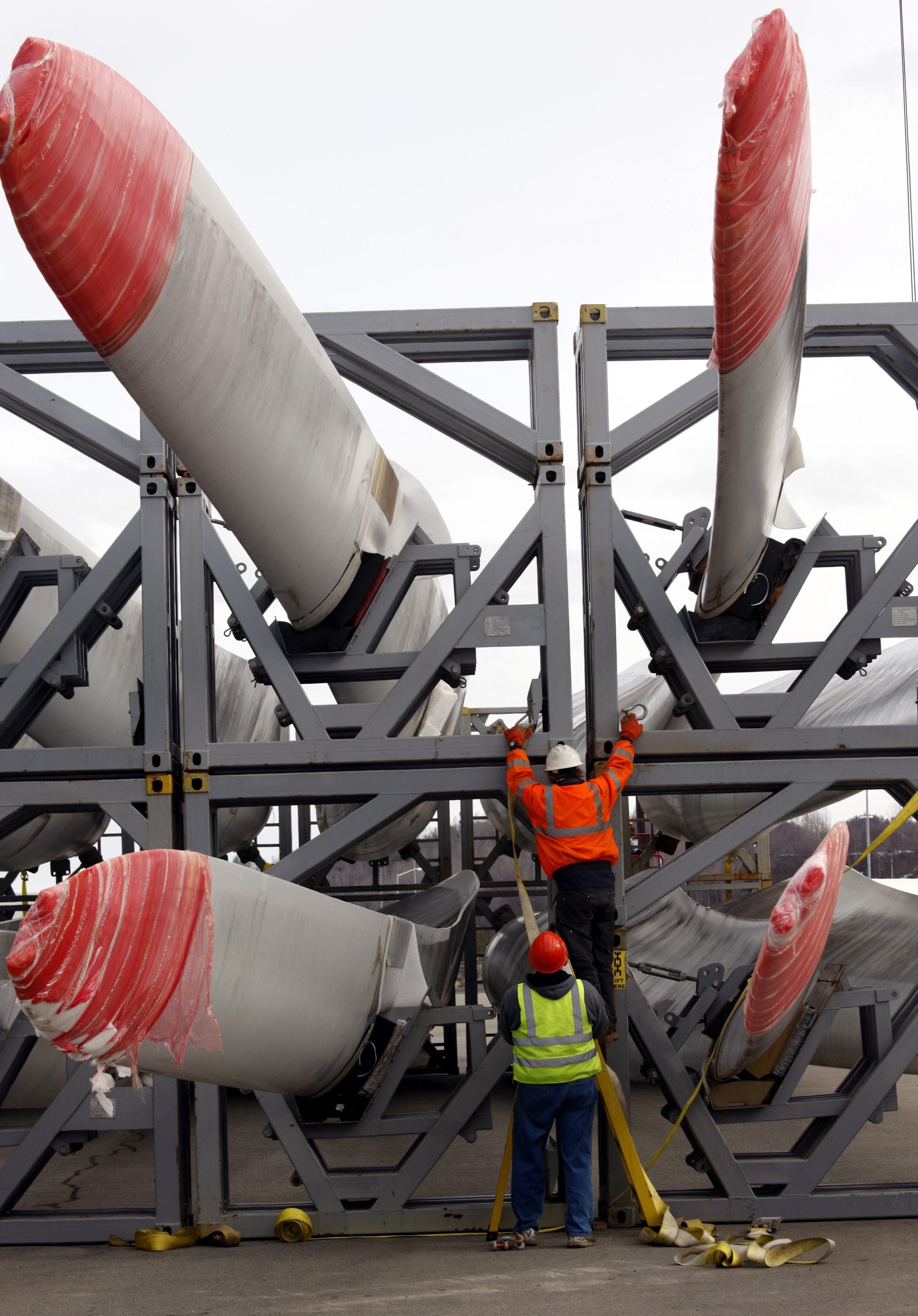Funding for clean energy
Soon after REAP was established, we set out to establish programs and policy to support renewable energy development in Alaska.
In 2007, REAP brought the idea of a renewable energy grant fund to the legislature and in 2008 the legislature established the Renewable Energy Fund (REF) with the intent to lower and stabilize the cost of energy in Alaska through increased use of renewable energy.
The REF is administered by the Alaska Energy Authority (AEA). The program, originally authorized for just five years, was extended by the legislature in 2012 until 2023.

In 2017, 79 new projects supported by the Fund displaced the equivalent of roughly 30 million gallons of diesel fuel worth more than $74 million.
Grants have been awarded for reconnaissance and feasibility studies, as well as design and construction projects covering a wide range of technologies and geographic areas. More than $270 million in state appropriations has leveraged a similar amount of local and federal financial participation to support more than 100 projects in various stages of project development.
The program is helping communities stabilize energy prices by reducing their dependence on diesel fuel for power generation and space heating.
In 2017, 79 new projects supported by the Fund displaced the equivalent of roughly 30 million gallons of diesel fuel worth more than $74 million. These numbers will continue to grow as more projects that have received state support come into operation. As of June 2019 there were more than ten projects other projects supported by the program in the construction phase.
The program uses a competitive application process, administered by AEA and guided by the Renewable Energy Fund Advisory Committee (REFAC), which is comprised of nine members, five of whom are appointed by the governor, two by the Speaker of the House and two by the Senate President.
REAP Executive Director Chris Rose has been on the REFAC since its inception, and has chaired the committee for more than five years.
To qualify for funding, project developers must submit applications to AEA during an open solicitation. AEA then ranks the proposed projects based on economic and technical feasibility, local support, matching funding and the community’s cost of energy. These rankings are vetted by the REFAC and then submitted to the legislature, which approves the projects and appropriates funding.